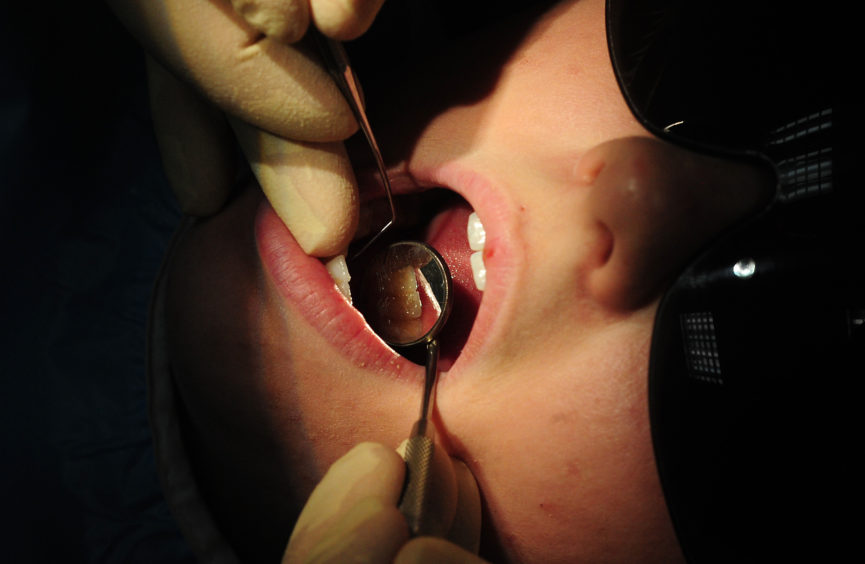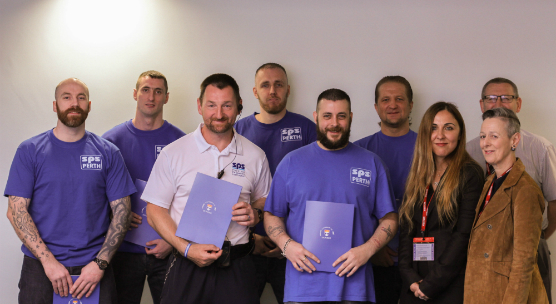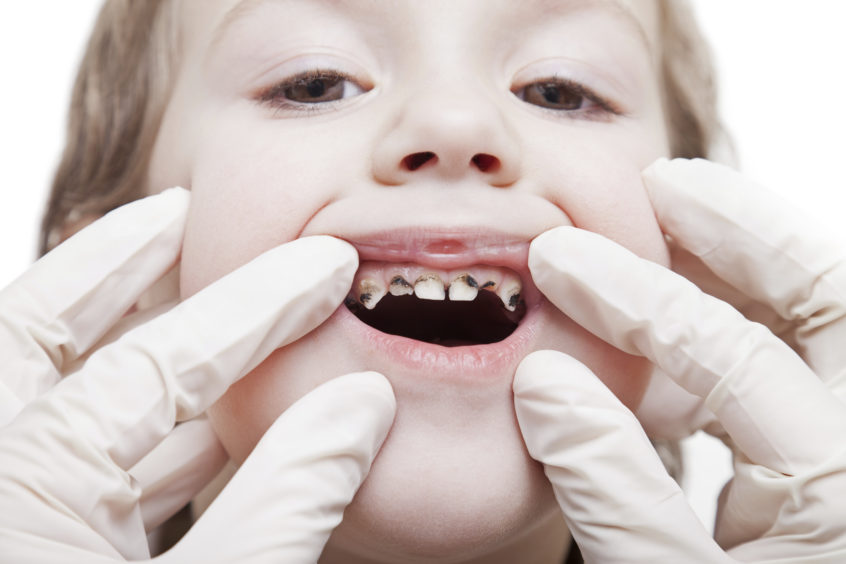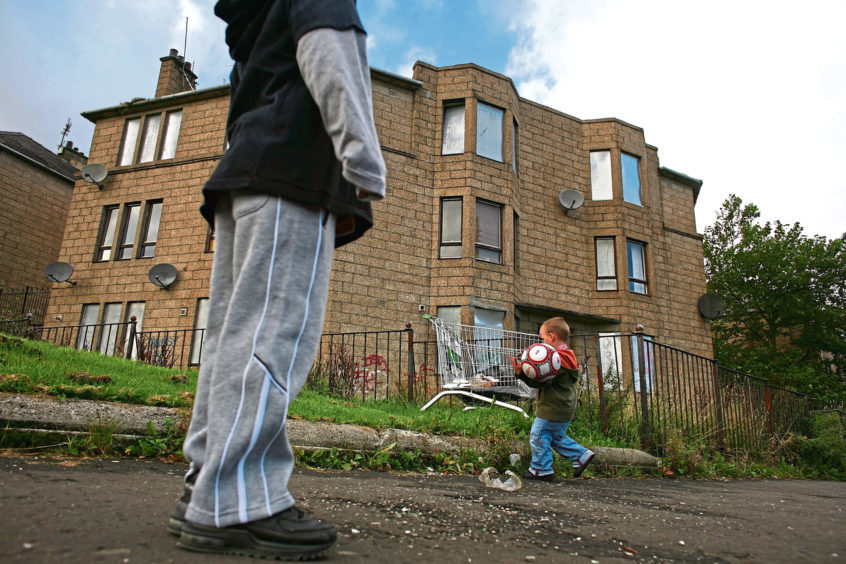Ahead of a Dundee University talk, Michael Alexander discovers how improving oral health habits is helping to rehabilitate prisoners at Perth.
Tackling the causes of the causes of health inequalities associated with social deprivation in Scotland is the key to solving some of the country’s most pressing public health problems.
That is the view of Professor Ruth Freeman from Dundee University’s School of Dentistry who said a health coaching initiative developed in Tayside has led to a significant shift in the behaviour and wellbeing of prisoners at Perth Prison.
The team from the university’s Dental Health Services Research Unit (DHSRU) within the School of Dentistry, developed the People in Prison, Health Coaching for Scotland (PeP-SCOT) programme to provide health coaching training for inmates.
The peer health coaching initiative was delivered in collaboration with NHS Tayside, the Scottish Prison Service and the charity Positive Prison? Positive Futures (PPPF).
In an interview with The Courier ahead of a Café Science Dundee talk she is giving on Monday January 21, Professor Freeman said that prison officers had noted positive changes in the behaviour of those who took part in the programme, such as quitting smoking and other health improvements.
They also noted more reflective behaviour displayed by the participants following the coaching.
However, the general poor dental health of many prisoners tends to reflect deep rooted socio-economic factors related to their backgrounds – and with the greatest consumption of sugar per head of population in deprived areas, these can often be the most difficult people to reach.
“When you start to think about the approximate 8000 people in Scottish prisons at any one time, 80% of them come from the 5% most deprived communities in Scotland, 40% have suffered adverse childhood experience, and 50% don’t have good numeracy and literacy,” said Professor Freeman.
“As (health inequalities expert) Professor Sir Michael Marmot would say, the way to tackle this is to do something working collaboratively, that maximises peoples’ capabilities and gives control over their lives – about encouraging very small changes that could lead to wider shifts in attitudes towards health.
“That’s where the health coaching approach comes in.
“It’s all about collaboration. We work with Perth Prison and they identify the people who were invited to take part. We’ve had two cohorts – about 12 people have been trained.
“Following 92 hours of training, participants receive health coaching certification and qualifications and their skills have since been used to assist fellow prisoners to make positive lifestyles choices.”
Professor Freeman said care health coaching intervention is part of the Scottish oral health prison programme which is part of a Scottish Government priority group strategy.
Dundee University has also worked collaboratively to develop a programme called Mouth Matters – which has also been rolled out across Scotland’s NHS boards in collaboration with prisons.
A study Dundee University and partners did at Cornton Vale, Polmont and Shotts in 2011 showed that teeth amongst the prison populace were “not in good order” with another study ongoing now.
According to Scotland’s Chief Medical Officer, dental health is the best single indicator of poor general health.
Scotland’s relationship with high levels of dental decay is a long one and tooth extraction is still the number one reason for children receiving general anaesthesia in Scottish hospitals.
Statistics show that the trends have a direct relationship to socio-economic status– it’s worse in deprived areas.
However, Professor Freeman said it’s not as simple as just saying to prisoners that you’ve got to ‘brush your teeth twice a day with fluoride toothpaste for two minutes and spit don’t rinse’.
While the root cause of tooth decay is the eating of too much sugar too often, approaches such as a government-led sugar tax to “help people make a healthy choice an easier choice” had to be part of a wider, trans-sectoral package of measures designed to improve general health.
Crucially, people had to “make that message their own” and change their health behaviour from within.
“Oral health is an integral part of all peoples’ physical health and psycho-social wellbeing, and this is also true for people in prison,” she said.
“The pain of toothache can influence a person’s mood and we know that there is a link in the homeless population between having decayed and missing teeth and depression. There’s no reason to think there might not be a similar link to those people in prison.

“Oral health can significantly impact on the quality of life of those in prison, from not being able to eat properly or having painful teeth, to more social aspects, with many feeling self-conscious or embarrassed about their appearance.
“So it’s how do we address the causes of the causes of those health inequalities which are associated with social deprivation.”
Professor Freeman said evidence so far from the feasibility study demonstrated that prisoners’ confidence and communication skills improved longer term.
The idea of rehabilitation will also be discussed.
*Café Science Dundee takes place at Avery & Co. at 34 South Tay Street on Monday January 21 at 7pm. Tickets are free and there is no need to book in advance, though early arrival is encouraged to avoid disappointment.















